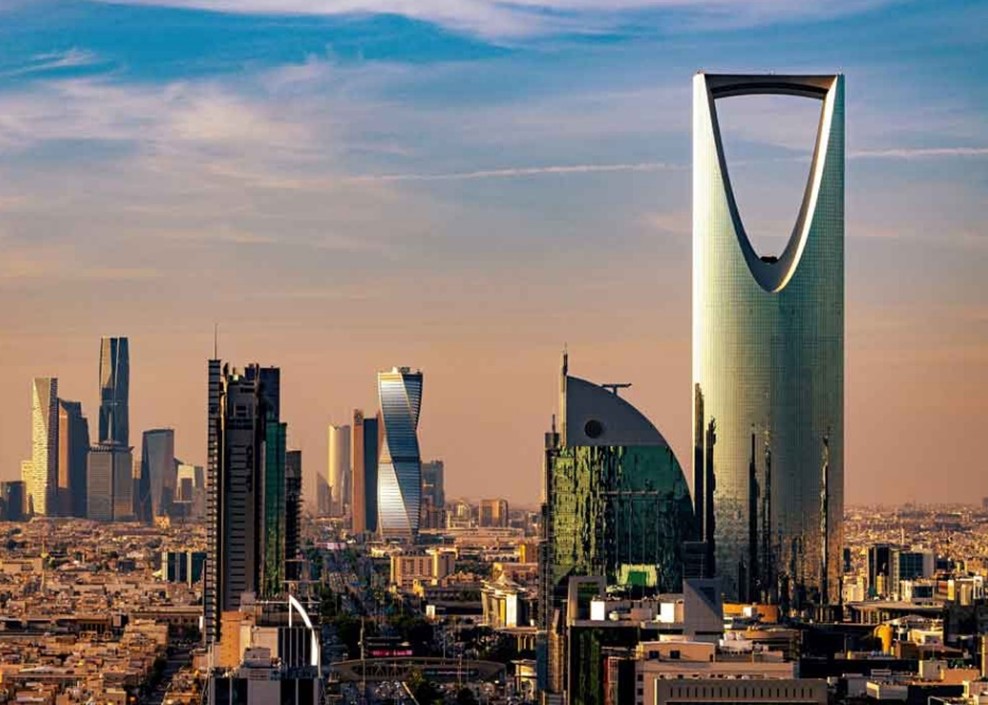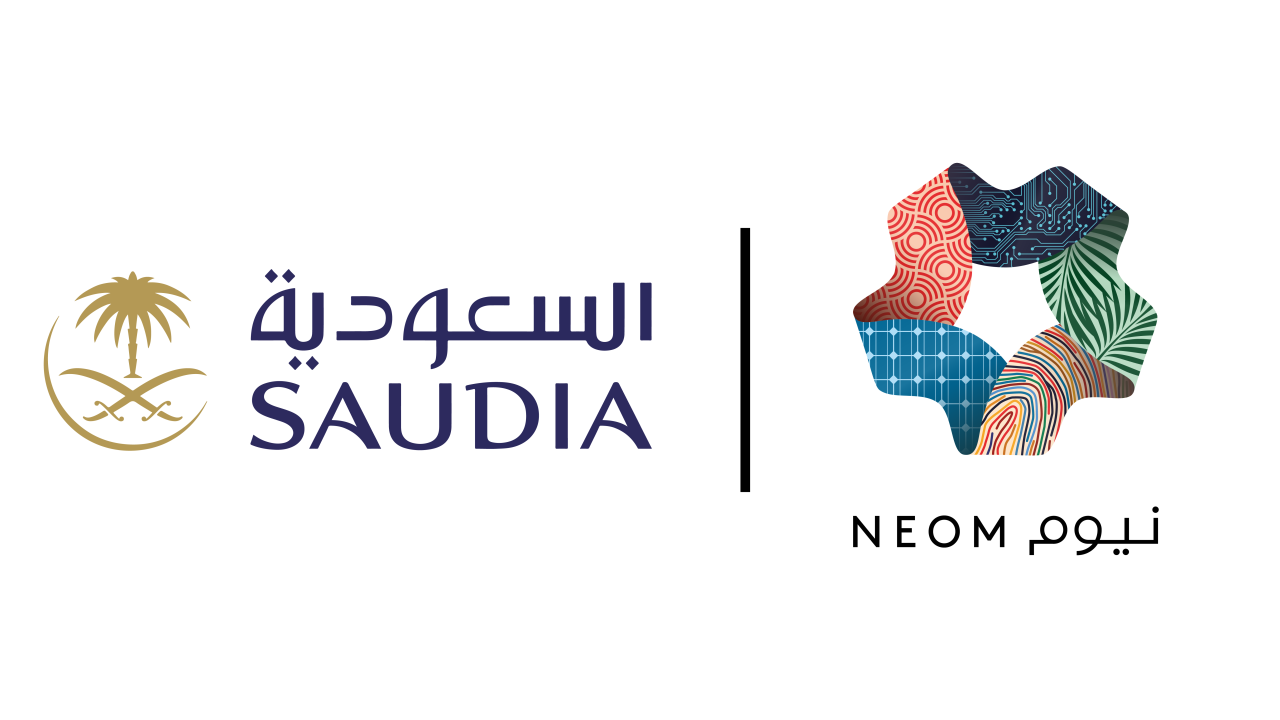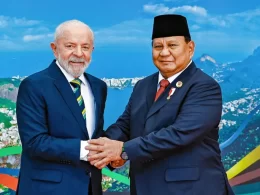Why Saudi Arabia Is Hungry to Host the FIFA World Cup 2034: A Bold Bid to Showcase Power, Economy, and Vision
In recent years, Saudi Arabia has emerged as a global player in the realms of sports, entertainment, and tourism. Its bid to host the FIFA World Cup in 2034 is not just about football; it is a declaration of ambition and a demonstration of the kingdom’s strategic pivot towards a modern, diversified identity. The decision to pursue this monumental event reflects Saudi Arabia’s desire to project its transformation on a global stage, solidify its position as a regional leader, and establish itself as a hub for innovation, culture, and economic diversification. But why is Saudi Arabia so eager to host this prestigious tournament? The answer lies in its aspirations to redefine itself in terms of power, economy, and development—and to emerge as the ultimate destination of choice in the Middle East.

The Context Behind the Bid
Saudi Arabia’s 2034 FIFA World Cup bid comes amid a period of profound transformation under Vision 2030, an ambitious reform plan spearheaded by Crown Prince Mohammed bin Salman (MBS). This plan seeks to diversify the kingdom’s economy, reduce its dependency on oil, and reshape its global image. Hosting the World Cup—arguably the most-watched sporting event on the planet—aligns perfectly with these goals. The tournament would not only serve as a platform for the kingdom to showcase its modernization efforts but also provide a catalyst for further development and investment in infrastructure, tourism, and sports.
A Strategic Move to Assert Global Power
One of the core reasons behind Saudi Arabia’s World Cup ambitions is its desire to assert itself as a global power. Historically, the kingdom has been known for its economic clout, driven by its vast oil reserves. However, MBS and his administration recognize the need to diversify this image and position Saudi Arabia as a leader in various domains, including sports diplomacy.
Sports have become a key tool in Saudi Arabia’s soft power strategy. Over the past few years, the kingdom has hosted high-profile events such as the Formula 1 Grand Prix, heavyweight boxing matches, and the LIV Golf series. By hosting the FIFA World Cup, Saudi Arabia seeks to cement its reputation as a global player capable of delivering world-class events and fostering international cooperation. The event would signal to the world that Saudi Arabia is not only an economic powerhouse but also a cultural and social force to be reckoned with.

Economic Diversification and Investment Opportunities
The FIFA World Cup represents an unparalleled opportunity for economic growth and diversification, two pillars of Vision 2030. Hosting the tournament would require massive investments in infrastructure, including stadiums, transportation networks, and hospitality facilities. These projects would not only create jobs but also stimulate growth in sectors such as construction, tourism, and services.
Tourism, in particular, stands to benefit immensely from the World Cup. Saudi Arabia has already been making strides to attract international visitors, opening up previously restricted areas and launching mega-projects such as NEOM, a futuristic city that promises to redefine urban living. The kingdom’s recent introduction of tourist visas and efforts to promote itself as a cultural and historical destination are part of this strategy. The World Cup would amplify these efforts, showcasing Saudi Arabia’s rich heritage and modern attractions to millions of visitors.
Moreover, the event would provide a platform for the kingdom to attract foreign investment. By demonstrating its ability to organize and execute a global event of this magnitude, Saudi Arabia can instill confidence in international investors, paving the way for future partnerships and economic ventures.

Showcasing Development and Modernization
Hosting the FIFA World Cup offers Saudi Arabia a unique opportunity to redefine its image on the global stage. For decades, the kingdom has been associated with its conservative social policies and reliance on oil. However, under MBS’s leadership, Saudi Arabia has been undergoing significant social and economic reforms. The World Cup would allow the kingdom to highlight these changes and present itself as a modern, forward-thinking nation.
One of the key aspects of this modernization is the focus on sustainability. Saudi Arabia has pledged to make the 2034 World Cup one of the most sustainable tournaments in history. This aligns with its broader environmental goals, including the Saudi Green Initiative, which aims to combat climate change and promote renewable energy. By emphasizing sustainability, Saudi Arabia can position itself as a leader in global efforts to address environmental challenges, further enhancing its international reputation.
The tournament would also provide an opportunity to showcase the kingdom’s cultural and social transformation. Recent reforms, such as the easing of restrictions on women’s rights, the expansion of entertainment options, and the promotion of arts and culture, reflect a shift towards a more inclusive and dynamic society. Hosting the World Cup would enable Saudi Arabia to share this new narrative with the world, challenging stereotypes and fostering greater understanding.

Becoming the Ultimate Destination in the Middle East
Saudi Arabia’s bid to host the 2034 FIFA World Cup is also a strategic move to position itself as the premier destination in the Middle East. While neighboring countries like the UAE and Qatar have long been seen as leaders in tourism and hospitality, Saudi Arabia aims to surpass them by offering a unique blend of tradition and innovation.
The kingdom’s vast and diverse landscape—ranging from the pristine beaches of the Red Sea to the ancient ruins of Al-Ula—provides a compelling backdrop for international visitors. By hosting the World Cup, Saudi Arabia can leverage its natural and cultural assets to attract tourists and establish itself as a must-visit destination.
Furthermore, the tournament would allow Saudi Arabia to strengthen its regional influence. By collaborating with neighboring countries and promoting regional integration, the kingdom can enhance its leadership role in the Middle East. This would not only boost its geopolitical standing but also foster a sense of unity and cooperation in the region.
Challenges and Criticisms
While Saudi Arabia’s World Cup ambitions are bold and commendable, they are not without challenges. Critics have raised concerns about the kingdom’s human rights record, including issues related to freedom of expression, gender equality, and labor rights. These concerns could pose obstacles to the bid and potentially impact the perception of the tournament.
Additionally, the logistical and financial demands of hosting the World Cup are immense. While Saudi Arabia has the resources to meet these demands, ensuring that the tournament is inclusive, accessible, and aligned with global standards will require careful planning and execution.

Conclusion
Saudi Arabia’s bid to host the FIFA World Cup in 2034 is a reflection of its ambition to redefine itself as a modern, dynamic, and globally influential nation. By leveraging the tournament to showcase its power, economy, and development, the kingdom aims to establish itself as the ultimate destination of choice in the Middle East and beyond. While challenges remain, the potential benefits of hosting the World Cup—from economic growth and investment to cultural exchange and international recognition—are undeniable.
As Saudi Arabia continues to implement its Vision 2030 agenda, the FIFA World Cup represents a pivotal opportunity to solidify its transformation and share its vision with the world. Whether it’s through groundbreaking infrastructure, sustainable initiatives, or cultural outreach, the 2034 World Cup could mark a defining moment in the kingdom’s journey towards a brighter, more inclusive future.









